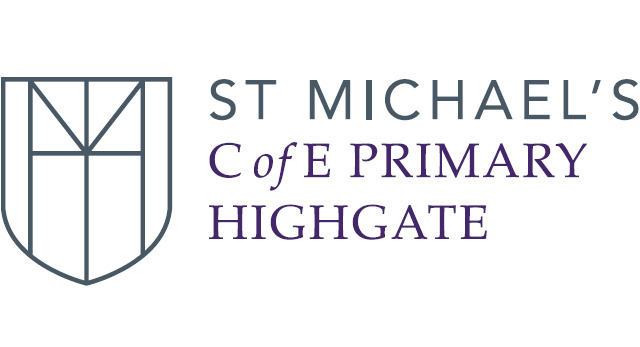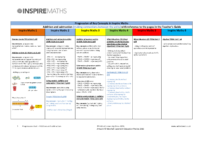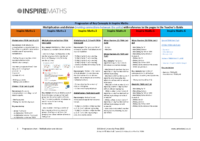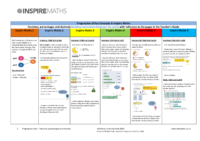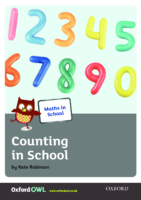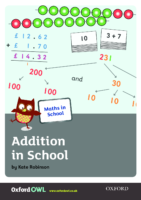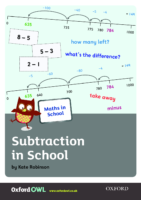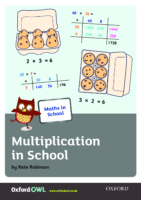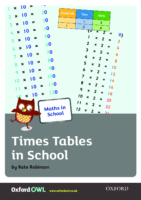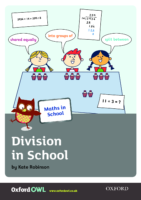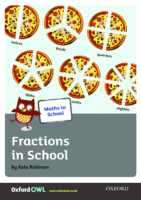Maths
Curriculum overview
We aim to ensure that all children learn mathematics following a mastery approach to the subject and meet the higher expectations of the National Curriculum. Children:
- become fluent in the fundamentals of mathematics
- have the ability to recall and apply knowledge rapidly and accurately to a range of mathematical problems and situations
- reason mathematically using appropriate mathematical language
- solve problems by applying their mathematics to a variety of routine and non-routine problems with increasing sophistication.
The Mastery Approach
The Mastery Approach to teaching and learning mathematics has problem solving at its heart. It is intended to provide all children with full access to the curriculum, enabling them to achieve confidence and competence – ‘mastery’ – in mathematics. In a typical lesson, children work together on the same tasks at the same time, using physical resources and responding to rigorous questioning to support their learning and develop a deeper understanding of mathematics. Depending on the age group, mastery is being taught in different ways, but with the same goal of deeper understanding at its core:
In the Early Years, the specific area of Mathematics is delivered through a specially designed curriculum, which both follows the Early Years curriculum and prepares children for Inspire Maths in Year 1. The Inspire Maths scheme is taught from Years 1 to 5. Year 6 teaches mastery through the White Rose Small Steps scheme. Over the past few years we have invested and developed our use of practical resources and encourage pupils to use a wide range of manipulatives across the whole school to help children develop, deepen and consolidate their mastery of maths..
Active Maths
Children also enjoy a weekly “Active Maths” lesson. This uses fun and energetic exercises to give children a fresh way to engage with the subject, boosting mental maths skills or applying their knowledge to a reasoning problem. This is one way to make the study of maths fun and it also boosts their confidence and makes them happier and healthier.
Maths at Home
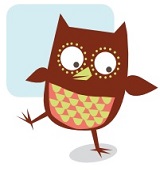 If you want to find other brilliant activities to support your child’s learning of maths, visit the Oxford Owl website and look at the Maths games and activities section. Below are links to some excellent materials from Oxford Owl for key areas of the curriculum.
If you want to find other brilliant activities to support your child’s learning of maths, visit the Oxford Owl website and look at the Maths games and activities section. Below are links to some excellent materials from Oxford Owl for key areas of the curriculum.
Contained within each section are mathematical models, practical tips and examples. We highly recommend that you explore the ‘you can’ sections as these will engage your child with practical and fun learning activities.
“The way this school teaches maths is inventive and makes the things we learn stick in our mind.”
